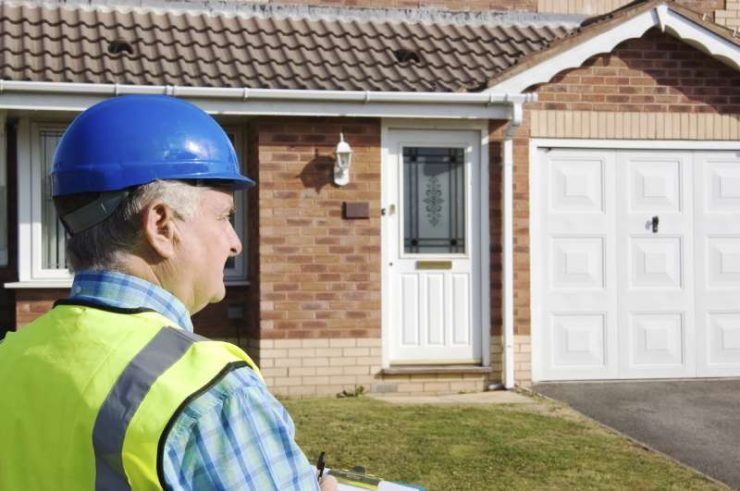Domestic Retrofit training course

|
| BRE Academy's modular Domestic Retrofit training course aims to raise awareness of key technical refurbishment topics – moisture awareness, airtightness, exposure, external wall insulation, building physics and unintended consequences. |
Contents |
[edit] Description
Improving the energy performance of existing housing is seen as a key contributor to meeting the UK’s climate change commitments, but refurbishing housing can also improve householders’ thermal comfort, save money and increase security of supply. There has been concern, however, that the standard of design and installation of these energy-saving features has often been inadequate. This was a driver behind the Each Home Counts (EHC) Review, which recommends a quality mark and supporting technical codes of practice and standards to cover the design and installation of energy efficiency measures. Key to this is the up-skilling and training of those delivering these measures.
The Domestic Retrofit Training Course consists of six 20-30-minute modules to raise awareness of key technical refurbishment topics – moisture awareness, airtightness, exposure, external wall insulation, building physics and unintended consequences. The course is consistent with the EHC review recommendations and the proposed technical direction of PAS 2035 Code of practice for the energy retrofit of buildings (and associated standards), which is now being developed. As well as introducing the key technical issues involved, it provides a first step to further training to become accredited under PAS 2035, which will enable practitioners to display the EHC Quality Mark.
There is an introductory module but the other modules can be taken in any order as there are cross linkages between them as well as extensive reference to supporting BRE guidance which provides further technical details. The learning outcomes are set out at the start of each module.
[edit] Intended audience
The course is designed primarily for surveyors and designers, but is also relevant to domestic refurbishment project clients, materials providers, installers, site managers and assessors.
Users of the modules are invited to provide feedback on the content and the method of delivery so that they can be improved and developed further.
For further information, click HERE.
[edit] About this article
This article was provided by the BRE Academy and previously appeared on its website in December 2019. It can be accessed HERE.
Other articles by BRE on Designing Buildings Wiki can be accessed HERE.
[edit] Related articles on Designing Buildings Wiki
Featured articles and news
UKCW London to tackle sector’s most pressing issues
AI and skills development, ecology and the environment, policy and planning and more.
Managing building safety risks
Across an existing residential portfolio; a client's perspective.
ECA support for Gate Safe’s Safe School Gates Campaign.
Core construction skills explained
Preparing for a career in construction.
Retrofitting for resilience with the Leicester Resilience Hub
Community-serving facilities, enhanced as support and essential services for climate-related disruptions.
Some of the articles relating to water, here to browse. Any missing?
Recognisable Gothic characters, designed to dramatically spout water away from buildings.
A case study and a warning to would-be developers
Creating four dwellings... after half a century of doing this job, why, oh why, is it so difficult?
Reform of the fire engineering profession
Fire Engineers Advisory Panel: Authoritative Statement, reactions and next steps.
Restoration and renewal of the Palace of Westminster
A complex project of cultural significance from full decant to EMI, opportunities and a potential a way forward.
Apprenticeships and the responsibility we share
Perspectives from the CIOB President as National Apprentice Week comes to a close.
The first line of defence against rain, wind and snow.
Building Safety recap January, 2026
What we missed at the end of last year, and at the start of this...
National Apprenticeship Week 2026, 9-15 Feb
Shining a light on the positive impacts for businesses, their apprentices and the wider economy alike.
Applications and benefits of acoustic flooring
From commercial to retail.
From solid to sprung and ribbed to raised.
Strengthening industry collaboration in Hong Kong
Hong Kong Institute of Construction and The Chartered Institute of Building sign Memorandum of Understanding.
A detailed description from the experts at Cornish Lime.
























